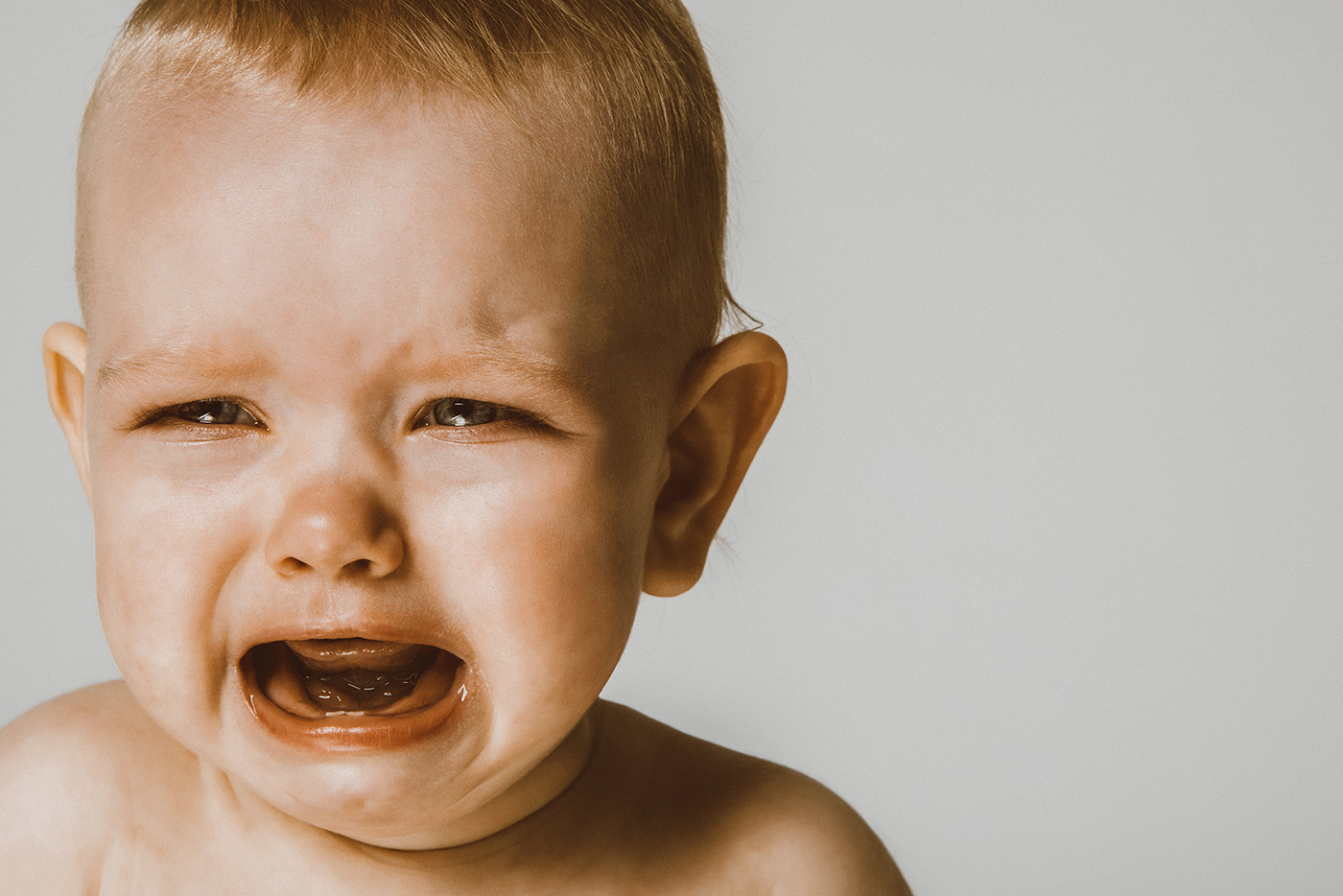What Happens When A Child Is Overtired?
Is Sleep Training Safe?
Is sleep training safe? How can letting my child cry be healthy? If you’ve asked these questions, you’re not alone. Here are the facts you need to make the best choice for your little one, so you can confidently and comfortably make the best choices for you child’s sleep. Parents ask it all the time: “Is sleep training safe?” And right behind that question inevitably comes the next: “Isn’t letting my child cry going to hurt them?” Good for you for asking. Truly! That means you’re a good parent who cares about the physical and emotional health of their child and you want to do what’s best for them. Instead of hearing all the opinions and discussing all the various methods out there, let’s look at the facts.
Sleep Training & Your Baby
There are literally billions of people in the world and all of them started out as babies. But you’re not worried about those billions, are you? You are worried about your precious baby. When you have a new baby, the questions and uncertainties can see overwhelming. And every time you find a good solution or piece of advice, you find another one that contradicts it…and both make sense. Why? Because your baby is unique. Your special baby has a special set of needs. But there are some things that every baby does: eats, poops, sleeps, and cries. And that’s what we’re here for: to help you navigate the crying the sleeping.
Sleep Training & Crying
 Sleep training comes with a host of benefits, not the least of which is a happier baby. When you sleep train your child, both of you will get more rest and be at your best during the awake time. It’s a gift for baby and parents, alike. However, sleep training often has parents worrying about the crying they know will happen. Will crying it out hurt my baby? Won’t they feel unloved? Will this hurt our bonding?
Sleep training comes with a host of benefits, not the least of which is a happier baby. When you sleep train your child, both of you will get more rest and be at your best during the awake time. It’s a gift for baby and parents, alike. However, sleep training often has parents worrying about the crying they know will happen. Will crying it out hurt my baby? Won’t they feel unloved? Will this hurt our bonding?
Why Babies Cry
The first thing to stop and think about is why babies cry. Babies cry to communicate hunger, discomfort, and even confusion. After all, they don’t have a vocabulary of words to tell you how the feel, so crying (and laughing and cooing) is it. In fact, babies who don’t cry are more a cause for concern as that’s not natural or normal.
Why Parents Fear Crying
For centuries, crying was considered a part of life and not something that struck fear in the hearts of parents. A baby crying for a few minutes when he was put down for a nap or at night when he awoke and needed to settle back to sleep might be viewed as a little uncomfortable, but not a cause for worry. But all that changed in 1993 when Dr. Sears published his book on Attachment Parenting and suggested that crying caused brain damage in babies. However, that was persistent, long term crying. And that’s not the kind of crying that happens with sleep training. Our consultants would never suggest that you leave your child to scream himself sick and ignore hunger or panic. However, crying for a short time due to confusion over a new routine isn’t going to hurt them.
The Effects Of Crying On Babies
A 2012 study in Australia, conducted by Dr. Ana Price helped differentiate between that long term crying discussed by Dr. Sears and the crying that happens when baby experiences changes (source). One third of the children studied had parents who employed some method of sleep training, and the rest did not. Those families were all visited five years later to determine the impact sleep training may have had on the children who experienced it (and cried through parts of it), comparing them to the children who did not. This study looked at:
- mental health
- sleep
- stress regulation
- child-parent relationship
- maternal health
- parenting styles
The result of the study?
“There was no evidence of differences between intervention and control families for any outcome. Behavioral sleep techniques have no marked long-lasting effects.”
There was also a peer-reviewed study completed called “Behavioral Interventions for Infant Sleep Problems.” The comforting conclusion for parent ready to help their child sleep better (and get more sleep themselves)?
“Both graduated extinction and bedtime fading provide significant sleep benefits above control, yet convey no adverse stress responses or long-term effects on parent-child attachment or child emotions and behavior.” (source)
Is Sleep Training Safe?
So is sleep training safe? According to these studies (and the thousands of parents who have done it), absolutely. Sleep training is safe for your baby. A good night’s sleep is not only safe, but beneficial for both you and your baby.


